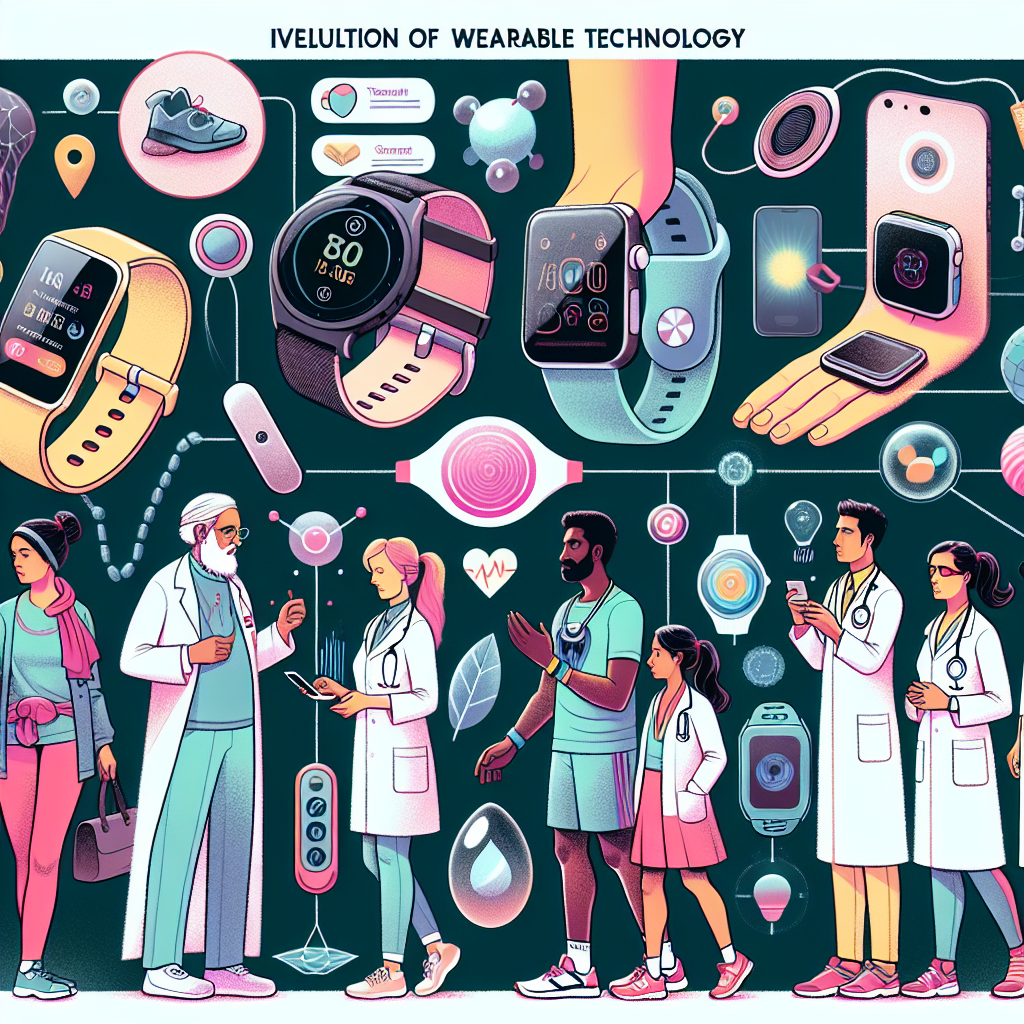Youth Voter Engagement: How Gen Z is Reshaping the Political Landscape
As the political landscape continues to evolve in the United States and around the globe, one significant force driving change is Generation Z (Gen Z), the cohort of individuals born between the mid-1990s and the early 2010s. This generation is not only the most diverse in history but also possesses a unique perspective shaped by technological advancements, social movements, and a changing economic landscape. Increasingly, Gen Z is making its mark on the political arena through unprecedented levels of youth voter engagement, effectively reshaping the political landscape in ways that may alter the course of democracy for generations to come.
The Rise of Gen Z as a Voting Bloc
Historically, young voters have had lower participation rates compared to older demographics. However, recent elections have seen a marked increase in youth turnout, with Gen Z playing a critical role. In the 2020 U.S. Presidential Election, approximately 50% of eligible voters aged 18-29 cast their ballots, a significant rise compared to previous years. Factors contributing to this increase include heightened political awareness, a growing sense of social responsibility, and the establishment of numerous grassroots organizations dedicated to mobilizing younger voters.
Technology and Social Media: Tools for Engagement
One of the defining characteristics of Gen Z is its digital nativity. This generation has grown up in a world dominated by social media and instant communication, making it adept at using these platforms to organize, educate, and inspire political participation. TikTok, Instagram, and Twitter have emerged as powerful tools for political activism, allowing young people to share information, rally support, and encourage their peers to vote. Hashtags like #GenZVotes and #Vote2024 have gained significant traction, transforming what could be an overwhelming political landscape into a more accessible and engaging format.
Moreover, social media has become a double-edged sword. While it allows for rapid dissemination of information, it can also perpetuate misinformation. Nonetheless, Gen Z’s ability to adeptly navigate these digital spaces means they are often quick to debunk false narratives, emphasizing the importance of credible information sources.
Social Movements and Political Passion
Gen Z is also known for its passion for social issues, including climate change, racial and social justice, and gender equity. This generation has frequently taken to the streets to advocate for change, and their activism has extended into the electoral process. High-profile movements like Black Lives Matter, March for Our Lives, and climate change demonstrations have not only raised awareness of critical issues but have also underscored the importance of voting as a tool for enacting social change.
The connection between activism and voting is particularly pronounced among Gen Z. Many young people view participation in elections as an extension of their advocacy work, with a belief that electing representatives who align with their values is crucial for achieving policy change. This determination to influence the structure of power reflects a shift toward an engaged, proactive approach to politics that may redefine traditional political strategies.
Barriers to Voting and Efforts to Overcome Them
While there is a strong desire among Gen Z to engage politically, there remain barriers that inhibit their participation, including restrictive voting laws, access to polling places, and a lack of trust in the political system. Recognizing these challenges, various organizations have sprung into action to address them. Initiatives aimed at simplifying voter registration processes, providing transportation to polling locations, and offering educational resources about the voting process have emerged in many communities.
Additionally, celebrities and influencers have taken steps to encourage voter engagement, leveraging their platforms to reach millions of young people. Campaigns like “Rock the Vote” and “When We All Vote” have successfully harnessed the passion of Gen Z, fostering an environment where voting is seen as not only a right but also a responsibility.
The Future of Politics
As Gen Z continues to mature into one of the largest voting blocs, their impact on the political landscape will undoubtedly grow. Political candidates and parties that want to appeal to this demographic must recognize their unique values and priorities. Issues such as climate action, economic equity, and social justice will likely play increasingly pivotal roles in shaping electoral platforms. Candidates who neglect to engage with or address the concerns of young voters risk alienating a significant portion of the electorate.
In essence, Gen Z is not just reshaping the political landscape; they are redefining what it means to be a participant in democracy. Through their commitment to voting and advocacy, they are setting a standard for future generations, building a more inclusive and equitable political system. The future of politics is not only in the hands of those in power but also in the hands of engaged, informed, and passionate young voters ready to demand change. With Gen Z leading the charge, the landscape of democracy may never look the same again.













Leave feedback about this
You must be logged in to post a comment.